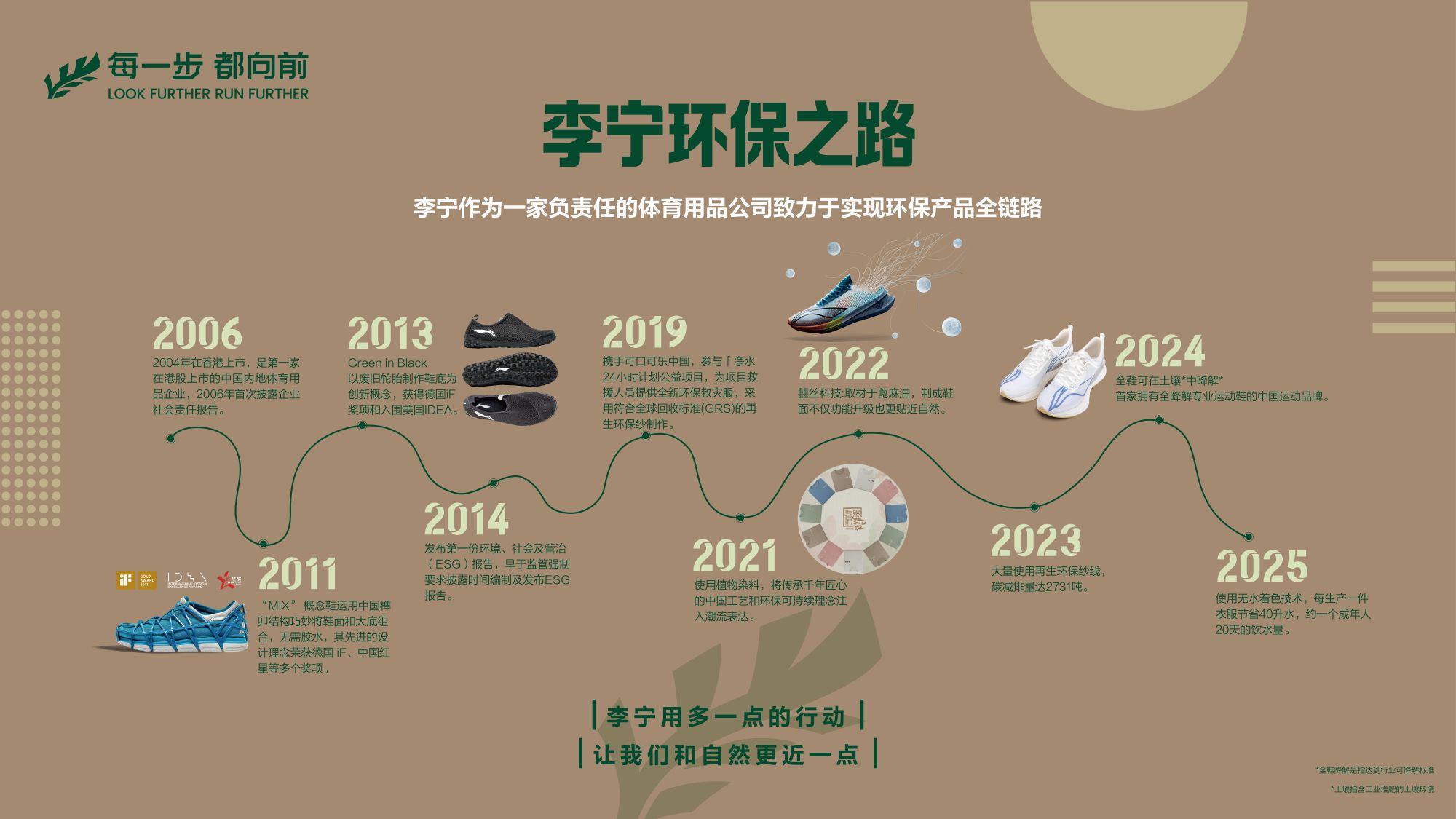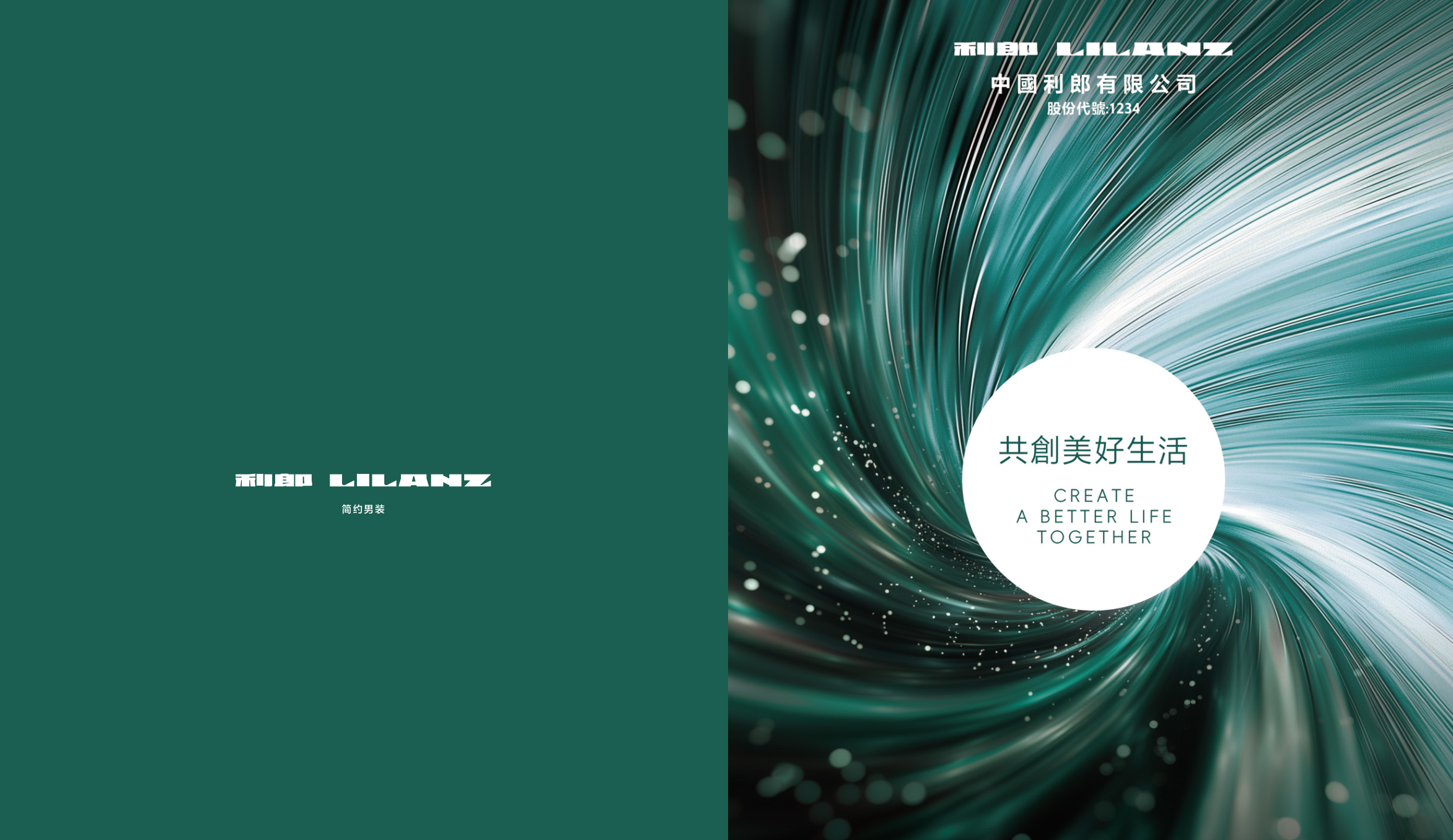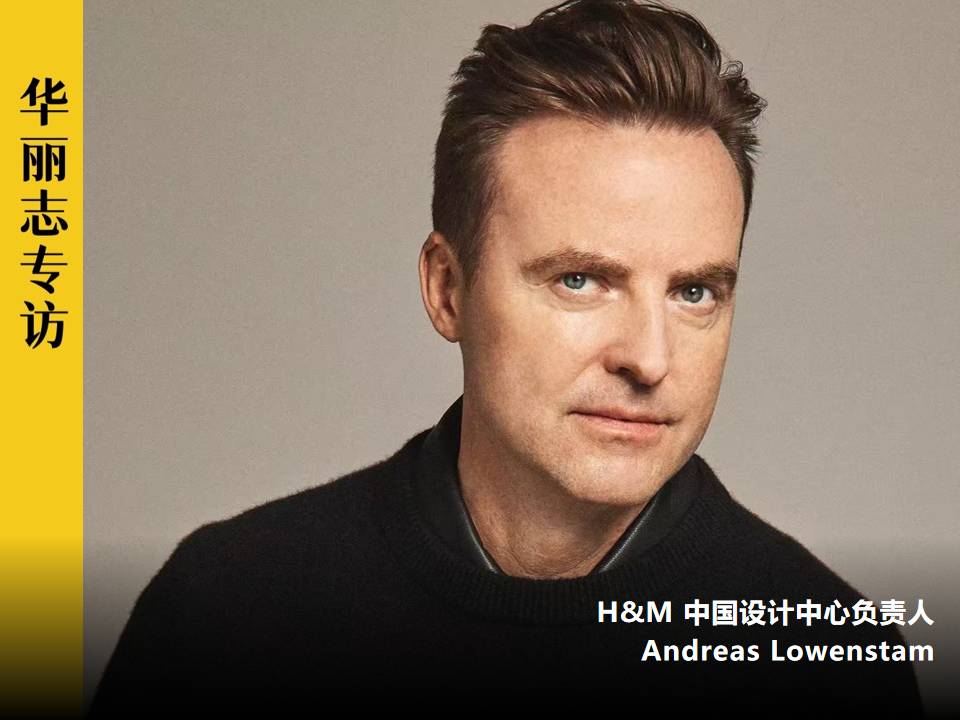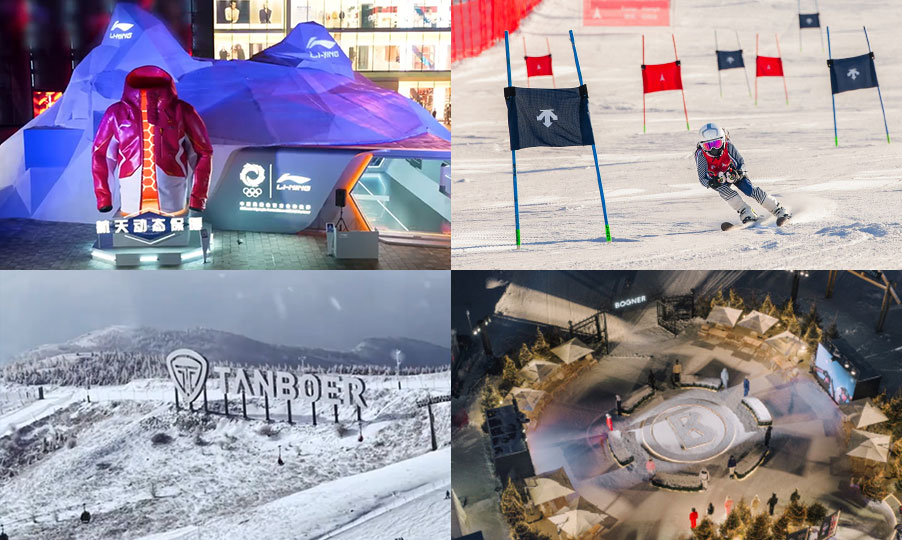Nowadays, an increasing number of Chinese brands are turning their attention to corporate responsibility and sustainability issues. According to the WTO Economic Guide, a business journal under the Ministry of Commerce, 2006 marked the “first year of corporate social responsibility reporting in China,” with 71 companies releasing sustainability-related documents—a nearly threefold increase from the previous year. Among these early adopters was a widely recognized Chinese sports brand: Li-Ning.
At a time when the concept of “sustainability” was still in its infancy within the industry, Li-Ning took the initiative to publish its first Corporate Social Responsibility Report in 2006. By 2011, it had already begun exploring environmentally friendly innovations in its sports product manufacturing processes.
To mark this year’s Earth Day, Li-Ning launched the “Li-Ning NATURE Pop-Up Space” at Yinshi Plaza, Chunxi Road, Chengdu. Through immersive environmental science education, a retrospective of the brand’s eco-product development journey, and both online and offline interactive experiences, Li-Ning showcased its full-chain environmental product development achievements.
On April 29, Li-Ning officially released its latest 2024 Environmental, Social, and Governance (ESG) Report, presenting the company’s accomplishments over the past year in areas such as eco-friendly product R&D, green operational practices, responsible supply chain management, employee development, and public welfare initiatives. This marks the 19th consecutive year Li-Ning has released a sustainability report.

As a sports company, what breakthroughs has Li-Ning achieved in the development of environmentally friendly products?
As a Chinese brand, what unique spirit is reflected in Li-Ning’s sustainability philosophy?
Luxe.CO conducted an in-depth study of Li-Ning’s sustainability practices over the past two decades and spoke in person with Song Chuntao, Vice President of Li-Ning Group, for a detailed account of the company’s ESG development journey.
Creating China’s First Fully Degradable Sports Shoe
One of the key highlights of Li-Ning’s 2024 ESG report is the breakthrough in achieving over 80% degradability in sports shoes, meeting industry biodegradability standards and making Li-Ning the first Chinese sports brand to produce a fully degradable performance sports shoe.
Song Chuntao, Vice President of Li-Ning Group, shared with Luxe.CO: “Li-Ning’s board and management place great importance on sustainability, taking a long-term perspective in decision-making—not just crunching short-term numbers, but evaluating the overall societal value of sustainability and embedding it in every eco-friendly product and operational initiative.”
“A well-designed, sustainable sports product should provide functional, emotional, and spiritual value to consumers. With nearly 20 years of experience in ESG, our team has had the time to explore and develop a clearer and more comprehensive understanding of sustainability.”
This evolutionary process is especially evident in one of the most important categories in the sports industry—sports shoes.
As early as 2011, Li-Ning began experimenting with greener production methods for sports shoes. It launched the pioneering “MIX Concept Shoe,” which featured a glue-free bonding process that integrated the upper and sole. In 2013, the “Green in Black Tire Shoe,” made with recycled tires, was introduced and won the German iF Design Award.
Developing fully degradable sports shoes is a long-standing, industry-wide challenge. Sports shoes are composed of more than 30 components, each requiring environmentally friendly properties without compromising athletic performance, posing significant demands on supply chains and technical capabilities.
With strong support from the Group, Li-Ning’s R&D team committed to creating a biodegradable sports shoe that could “return to nature.” Since 2020, the team has conducted in-depth research on this complex problem, ultimately establishing a theoretical foundation. In January 2024, Li-Ning Group served as the primary drafter of the Evaluation of Biodegradability Performance for Footwear, which was officially released in collaboration with national industry associations.
The core technical challenge of shoe degradability lies in the rubber used for the outsole. By partnering with academic and industry experts, Li-Ning’s team achieved a significant breakthrough:
With support from Academician Zhang Liqun’s team and Professor Wang Chao’s work on molecular design, efficient catalysis, and high-molecular-weight polycondensation, they developed an innovative biodegradable rubber outsole.
Based on this technology, Li-Ning collaborated closely with academic teams to resolve the degradation issue, utilizing a biodegradable, bio-based polyester rubber made from potato and corn starch for the outsole. This material is the only biodegradable rubber of its kind developed in China and is a global leader in technological advancement.
In May 2024, at the inaugural “Technology Showcase,” Li-Ning officially unveiled the concept version of its first fully degradable sports shoe, marking the first time a Chinese sports brand had developed such a product. In addressing the global challenge of sports shoe biodegradability, Li-Ning has made a landmark contribution.

At this year’s Earth Day event, one particular shoe buried in the soil piqued the curiosity of many visitors—it was the concept version of Li-Ning’s fully degradable sports shoe. According to staff, after being buried for 180 days, the main components of the shoe will break down into water and carbon dioxide, fully integrating back into nature.
From Quantity to Quality: Building a “Full-Chain” Ecosystem of Environmental Value
Beyond cutting-edge biodegradable technology, Li-Ning has made significant advances in areas such as bio-based materials, eco-friendly dyeing processes, and recycling and regeneration. These innovations have progressed from individual technical breakthroughs to widespread, mainstream adoption, marking a transformation from quantitative change to qualitative change and establishing systemic ecological value.

Above: Starting April 20, Li-Ning launched eco-friendly display zones in 12 stores across China.
Leveraging the global momentum of Earth Day, Li-Ning presented years of eco-friendly R&D progress through a single offline event, reinforcing consumers’ comprehensive perception of the brand’s sustainability identity.

Li-Ning actively promotes the use of “nature-derived” bio-based materials. It’s commonly used Sorona® fiber in sportswear is sourced from annually renewable plants. This fabric has a molecular structure similar to a spring, making it durable, easy to care for, quick-drying, sweat-wicking, and skin-friendly—safe enough even for infant clothing.
Li-Ning’s signature Boom Fiber upper incorporates castor oil extract, reducing reliance on petroleum-based resources. Lightweight, breathable, flexible, and durable, this fiber achieves a balanced combination of function and sustainability. To date, Li-Ning has produced over 10 million pairs of bio-based running shoes.

Above: Li-Ning Chitu 8 PRO featuring Boom Fiber uppers
In the manufacturing process, Li-Ning has developed a dual approach using “waterless dyeing” and “plant-based dyeing” technologies:
-
Waterless dyeing significantly reduces water and industrial salt usage. Compared to traditional dyeing, each garment produced saves approximately 40 liters of water—the equivalent of an adult’s drinking water for 20 days.
-
Plant-based dyeing extracts natural pigments from pomegranate peels, mulberry leaves, madder roots, and gallnuts, greatly reducing both energy and water consumption. For example, using plant-based dyes for the color blue reduces electricity use by 42.2% and water use by 53.4% compared to synthetic dyes.
As a sponsor of the CBA, the Chinese national table tennis team, and badminton tournaments, Li-Ning has been promoting large-scale recycling initiatives. In 2023, over 160,000 plastic bottles were recycled into CBA uniforms, and in 2024, over 1.3 million bottles were used for table tennis and badminton gear. A single professional uniform repurposes at least 10 plastic bottles. Cumulatively, Li-Ning has repurposed over 190 million recycled plastic bottles.

Above: Many consumers participated in interactive activities at the Li-Ning NATURE Pop-Up Space workshop, such as DIY biodegradable shoelaces and plant-based dye spray art.
“Every Step Moves Us Forward”
Song Chuntao, Vice President of Li-Ning Group, affirmed that ESG is unquestionably a long-term strategic priority for the company. The leadership is continuously exploring how to make sustainability itself sustainable:
Li-Ning’s upstream partners include finished goods and materials suppliers. The company employs over 5,000 staff and serves more than 70 million members. The Group aims to expand from isolated efforts to a holistic ecosystem embracing sustainable principles. In 2023, we introduced the ESG slogan: ‘Look Further Run Further.’ Each seemingly ordinary step, taken persistently over time, will lead to extraordinary transformation. At Li-Ning, we believe in accumulating small steps to achieve great strides.”

According to Li-Ning’s 2024 ESG Report, beyond building a full-chain system for environmentally responsible products, the company is also applying its green development philosophy across all aspects of its operations:
-
In Beijing, Nanning, Shenzhen, Shanghai, and Jingmen, Li-Ning has implemented smart energy-saving upgrades and renewable energy strategies. For example, the Li-Ning Center in Beijing generates an average of 121,000 kWh of solar power per month, with self-generated electricity accounting for approximately 25% of its annual consumption. In Shenzhen, air conditioning and lighting upgrades, along with targeted energy controls, have saved 430,000 kWh of electricity annually.
-
In retail stores, upgrades to air-conditioning and lighting systems are projected to save 168,000 kWh of electricity per year. The Shanghai Li-Ning Center Flagship Store, a model of low-carbon retail, is equipped with smart technology terminals for precision energy management, resulting in a 13.5-ton reduction in annual carbon emissions.

Above: Carbon data dashboard at the Li-Ning Center Flagship Store in Shanghai
-
The company has expanded the application of its proprietary technologies, including Boom and Super Boom, GCR (lightweight anti-slip rubber), and GCU (Ground Control Unit sole technology). In 2024, these contributed to carbon emission reductions of approximately 1,060 tons (GCR), 560 tons (GCU), and 29,751 tons (Boom and Super Boom).
-
In 2023 and 2024, Li-Ning collaborated with professional third parties to conduct carbon footprint assessments on five products. The brand is also developing a material-based carbon emission database to systematize carbon accounting.
-
Building on a three-year supplier carbon audit project, Li-Ning selected about 10 suppliers to participate in energy assessment programs. These suppliers receive support in tracking and analyzing energy usage, as well as access to carbon management tools, reduction targets, and roadmaps. Based on 2022 benchmarks, each supplier is expected to reduce emissions by at least 20%.
-
“Inspiring through Sports” is a public welfare philosophy deeply embedded in the Li-Ning brand. In 2024, the company launched the Li-Ning TOP24 Elite Athlete Program to support the development of promising youth athletes. As the official gear partner of the 2024 Yao Foundation Charity Game, Li-Ning is supporting the event with professional sports equipment for the second consecutive year.
-
Li-Ning operates over 10 sports clubs for its employees, promoting healthy lifestyles. The company also emphasizes diverse learning opportunities, with employee training coverage reaching 100% in 2024. This year, Li-Ning was recognized on multiple “Best Employer” lists by The Economic Observer, FESCO, Liepin, and 58.com.
Sustainability: A Natural Extension of Li-Ning’s “Athlete Spirit”
In January 2025, when the Li-Ning brand announced its renewed partnership with the International Olympic Committee—becoming the official sportswear partner of the Chinese Olympic Committee and the Chinese sports delegation—Li-Ning’s founder, Group Chairman, and world gymnastics champion Mr. Li Ning issued a 1,500-word internal letter.
In the letter, he reflected on the entrepreneurial journey of Li-Ning Company and its deeply rooted “athlete spirit.” He elaborated on the company’s long-standing commitment to the value of “serving the public through the spirit of sports” and its enduring vision to support the development of Chinese sports.
The athlete spirit embodies personal virtues such as the pursuit of excellence, teamwork, and fair competition. It is not only present in the sports arena, but also serves as a universally resonant and inspirational ethos. This core spirit continues to drive the Li-Ning brand and Group forward, and has naturally extended to their responsibilities in employee development, social well-being, and environmental stewardship.
Looking ahead, Li-Ning Group states that it will continue integrating sustainable development principles across all aspects of its operations, collaborating with diverse stakeholders to build a high-quality commercial ecosystem.

| Image Credit: Official brand materials
| Editor: Elisa



